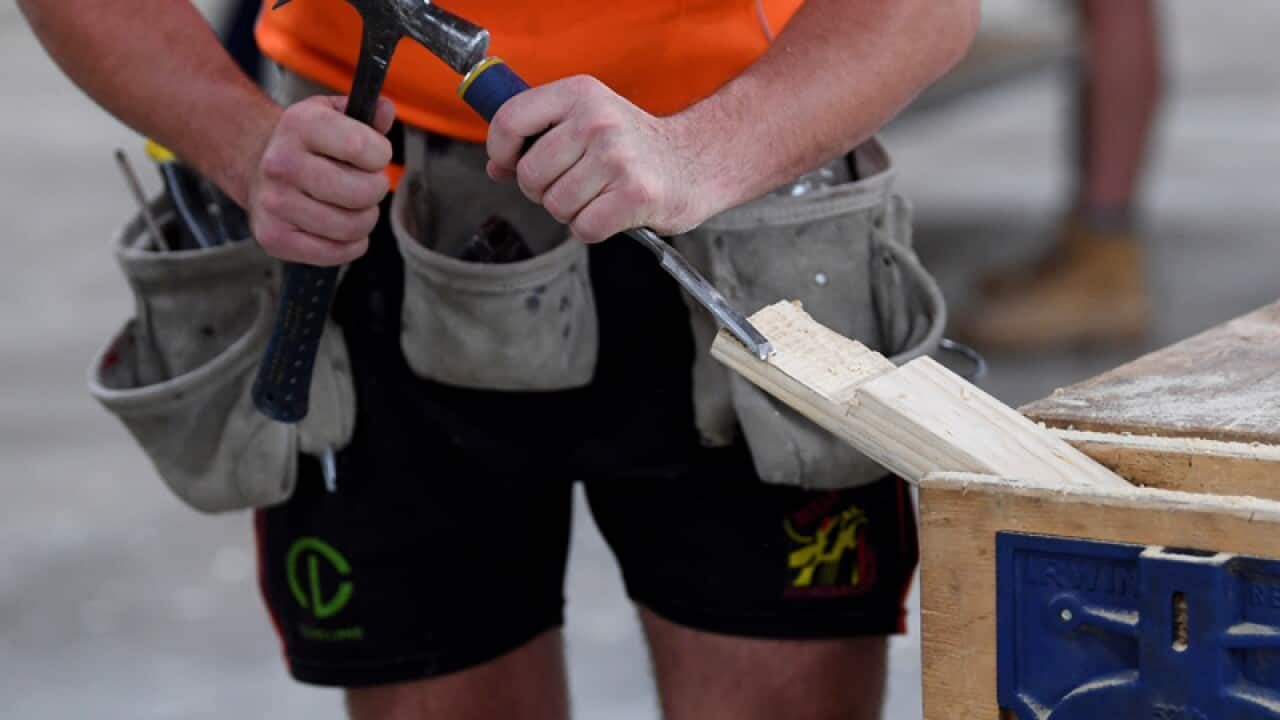Australian universities will struggle to attract world-class lecturers, tutors and researchers if visa reforms that shut off the path to permanent residency go ahead, the heads of the country’s top institutions have warned.
Under the changes, tertiary educators will not be able to be hired from overseas on permanent working visas, while those on the temporary visas replacing the controversial 457 stream will no longer have any prospect of settling in Australia.
“I’m looking to make a long-term investment for the university. I have no particular interest in filling short-term positions,” the Vice Chancellor of the ANU, Brian Schmidt, told SBS News.
“Nearly 50 per cent of my academics are international, so you could assume under the current regime that essentially half my workforce, going forward, would be affected by this.”
The so-called Group of Eight universities have written to Prime Minister Malcolm Turnbull to express concerns over the changes.
There are around 1,500 lecturers and 250 tutors working in Australia on 457 visas, according to the latest Department of Immigration data.
“Not accommodating the sector would just be pure lunacy,” Professor Schmidt said.
“So I think it will have to be sorted, because it would literally make it difficult to run an internationally competitive university unless these issues are addressed.”
University tutors and lecturers were among the jobs removed from the list of occupations classified as medium to long-term skill shortages, meaning they are now only eligible for two-year temporary working visas with no prospect of permanent residency at the end.
Many academic teachers enter Australia on 457s before transitioning to permanent, employee-sponsored visas, then on to permanent residency and citizenship – a progression that is no longer allowed.
'The real incentive to come here is to start a new life'
Mike Jensen is an American academic who was first hired at the University of Canberra on a 457 visa, moving from Barcelona with his wife with the intention of starting a family in Australia.
He is now a permanent resident working as a senior research fellow and teaching UC’s Masters in Public Administration, and told SBS News he has “serious doubts” he would have come to work in Australia if settling in the country was not an option.
“If you’re going to come to Australia from North America or Europe, the real incentive to come here is to come to start a new life,” he said.
Mr Jensen said the University was upfront in his job interview that they had “every intention” of renewing his contract beyond the two-year period of his 457 visa.
He said the progression from 457 visa to full-time staff is common in Australian academia.
“The University of Canberra has used that process in order to get some fairly high profile academics to come here in the past, and that is a pathway that appears like is going to be closed,” he said.
In the Group of Eight letter to the prime minister, the universities also expressed concern over new TSS visa, which replaces the 457, requiring two years of work experience.
That condition might make it difficult for universities to hire newly graduated international PhD students.
They are also concerned about an age cap of 45 years on permanent working visas.
“We just hired the head of our Space Instrumentation Centre from CalTech [California Institute of Technology] and she is 45,” Professor Schmidt said.
“And that is the type of person who has amazing impact. These are mid-career, top of their game, world-class people that universities and business need to attract to Australia.”
There are 240 people working at ANU on 457 visas right now, or one-in-eight staff, but many of the remaining lecturers and tutors were once on 457s too.
SBS has contacted the Department of Immigration and Border Protection for comment.











